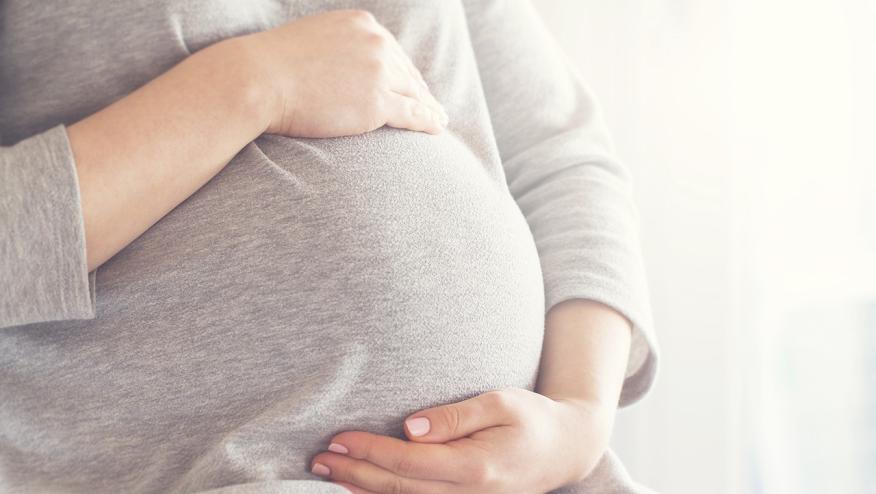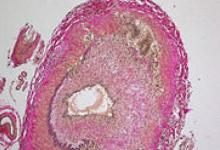Reproductive Issues in axSpA: Fertility and Pregnancy Save

Axial spondyloarthritis (axSpA) affects young patients with symptom onset occurring in early adulthood. Apart from pain and quality of life, reproductive issues also arise because patients who are diagnosed with the disease are also in their reproductive age.
Two interesting abstracts about reproductive issues in axSpA will be presented during the poster sessions on Saturday, November 16, 2024.
In their study (abstract 0576), Dr. Madelaine Franc and colleagues reported the risk factors associated with unfavorable pregnancy outcome in the DESIR cohort. Female patients with early axSpA (< 3 years’ duration) were followed up over a 10-year period.
According to their results, 294 (77%) had at least one pregnancy while 96 (22.8%) had none. Multi-gravid women were significantly older (37 +/-8 vs. 28 ± 7, p< 0.001) and had higher BASFI (3.5±2.4 vs 2.8±2.2, p=0.008) scores at baseline. A total of 153 pregnancies occurred during follow-up, most of which were full-term deliveries (81.3%) while 14.9% presented with unfavorable pregnancy outcomes: 8 (7.5%) and 6 (5.6%) had a miscarriage or a pre-term delivery, respectively, 2 (1.9%) had a medical abortion), 3 (2.8%) had an elective abortion, and 1 (0.9%) were pregnancies still ongoing at the end of follow-up. Based on their cohort, they found a 13% probability of developing an unfavorable pregnancy outcome among female patients with early axSpA.
Apart from adverse pregnancy outcomes, women with axSpA can also face potential fertility issues. Prior research has suggested that women with SpA have low levels of anti-Mullerian hormone (AMH).
In another study from the same group above, they report the levels of anti-mullerian hormones from their DESIR cohort (abstract 0577). Compared to age-specific norms, AMH levels in their cohort were significantly lower for all age groups (p< 0.01). Conversely, they identified two trajectories of AMH decline: the first cluster showed a lower AMH level at age 18 followed by a slow decline until age 45 whereas the second cluster showed higher levels of AMH at age 18 followed by a steeper decline until age 45.
Taking these findings into consideration, as rheumatologists, we should discuss preconception counseling among our female patients with axSpA. This will inform them of potential fertility issues and risks that may be associated with pregnancy.










If you are a health practitioner, you may Login/Register to comment.
Due to the nature of these comment forums, only health practitioners are allowed to comment at this time.